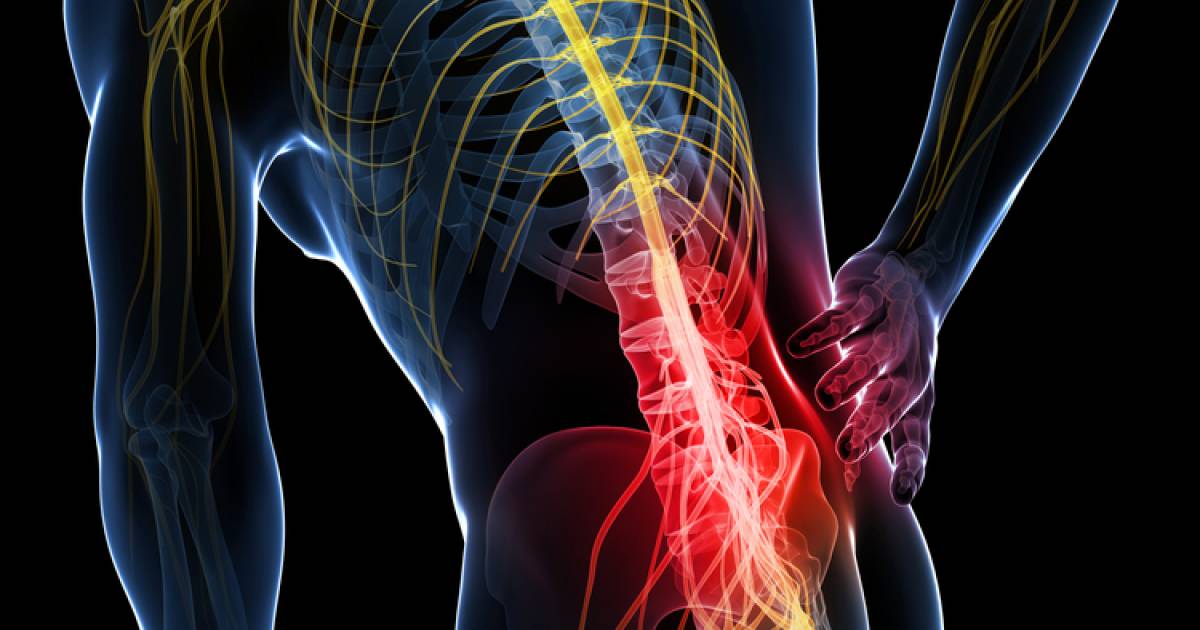Causes Of Cauda Equina Syndrome
Cauda equina syndrome (CES) involves the compression of the nerve roots at the end of the spinal cord. As stated by sources, the disorder affects one of thirty-three thousand to one of 100,000 individuals. This means it rarely happens.
It is typical for those with CES to feel pain in the lower back. In addition, you may feel different, or you may not even feel anything in certain areas like the legs, back of the legs, inner thighs, anus, groin, and feet. Cauda equina syndrome can also affect your sex life by causing the loss of sexual function. Conditions that affect the spinal cord are what causes CES. These causes are explained below.
Paget's Disease Of The Bone

Paget's disease of the bone is an uncommon condition that interferes with the replacement of old fragments of a bone with new ones. As a result, the bones become extremely fragile and large. Additional effects can include bone pain, bone deformities, loss of hearing, headaches, bowing of the legs, enlarged skull, and the development of arthritis. In most cases of Paget's disease, patients don't experience symptoms.
Though Paget's disease typically affects bones of the spine, skull, pelvis, and legs, it can develop in any bone of the body. A cause has yet to be discovered; however, research suggests age, gender, and family history are potential risk factors. Paget's disease is most likely to occur in adults pass the age of forty, particularly males. Those who reside in areas of Northern Europe such as the United Kingdom are also at high risk of the disease. There is insufficient evidence to the claims Paget's disease is the result of a viral infection.
Reveal another cause of cauda equina syndrome now.
Herniation Of Lumbar Intervertebral Discs

Herniation of lumbar intervertebral discs can also cause cauda equina syndrome. A herniated disk, which contains a gel-like substance, is the result of a tear in the outer layer. So when the disk ruptures, the substance leaks out through the tear and into the spinal canal. The substance subjects the spinal nerves to great pressure, causing pain and numbness from the lower back, also known as the lumbar spine, to the feet. It can also affect the thoracic spine (the upper portion of the back), but this seldom happens.
The chances of developing a herniated disk increase as the individual ages. While we get older, the disc begins to dry out, and therefore, lose its flexibility. In addition, a herniated disk could occur as a result of tobacco use, lousy posture, obesity, or having a physically demanding workload. You can prevent a herniated disk through regular exercise, learning how to lift things correctly, and practicing good posture.
Keep reading to learn about more causes of cauda equina syndrome.
